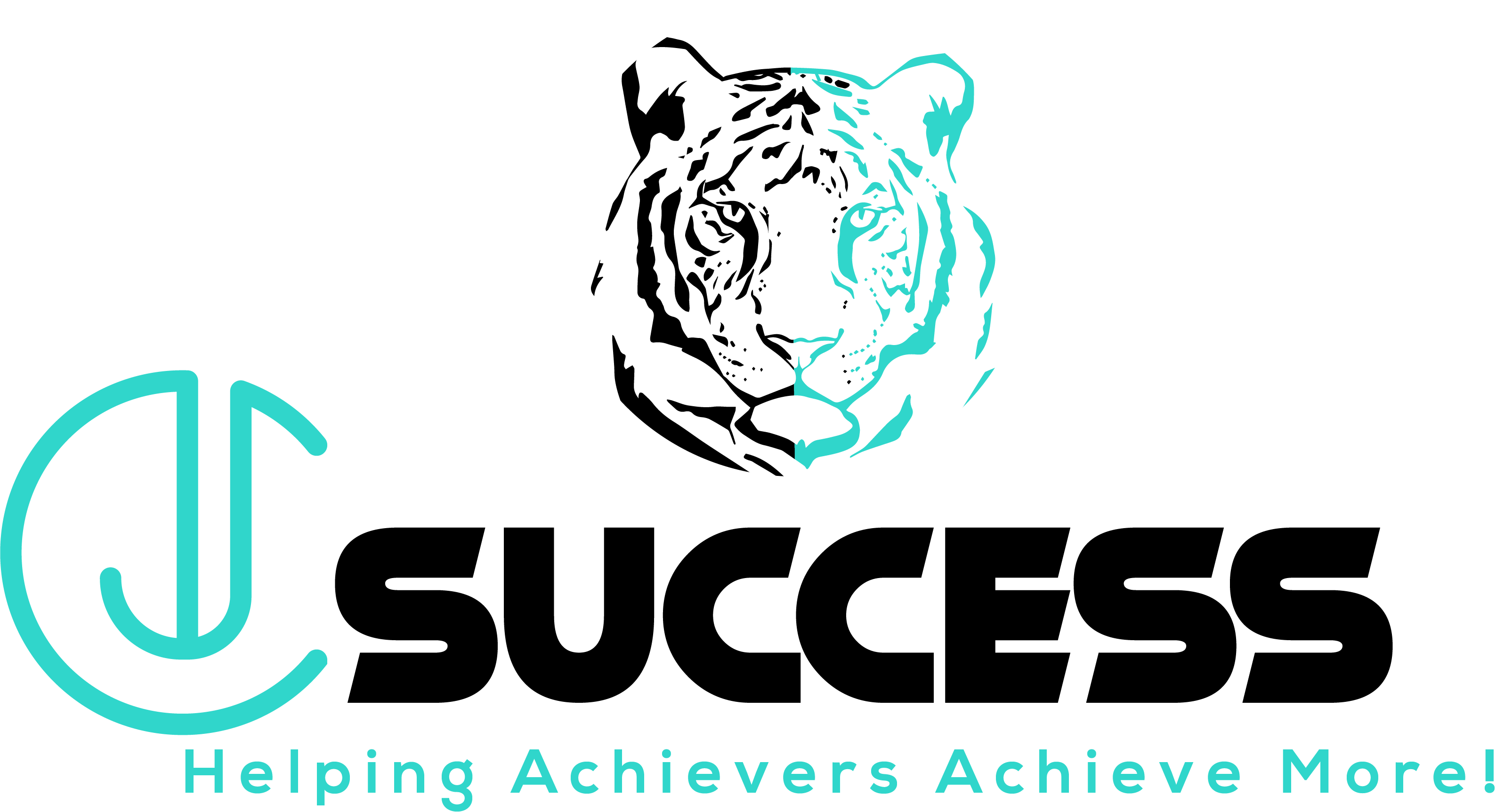0
+
Add your comment
UPCOMING EVENTS

Introduction to Psychological Safety Series
Dave Linn
July 27, 2023
by Dave Linn - The Gratitude Dude
Most of us spend a decent amount of time asking Google questions and relying, at least in part, on its answers. “Google it” has become a common refrain to someone asking a question to which we don’t know the answer. But Google had its own question that was perplexing it: What is the most important factor in team/group success?
Google has hundreds of teams, and despite its own expertise in data and solutions, they couldn’t find the common denominator for team success. They had several hypotheses: individual team member performance, team size, team location, workload size, seniority of team members, education of team members, introversion/extroversion of team members, etc. However, every hypothesis was eventually disproved. After several years of formal inquiry through what was called the Aristotle Project, they finally identified Psychological Safety as the single greatest driver of team success and company innovation.
Psychological Safety has become “fashionable” over the past decade, and marketplace turbulence, the Great Resignation and Quiet Quitting are driving its popularity and interest, but it is not a new idea. The term Psychological Safety may be fairly new (it was coined in 1965) but the concept and reality of Psychological Safety has existed for as long as people have lived with others in families, communities, and workplaces.
Let’s start with a quick definition and over time we will develop it further. Psychological Safety is the level to which team members feel comfortable to be vulnerable and take risks. We will dive into how that manifests within a company and for each team member, but first let’s highlight why Psychological Safety is critical to business success.

Team members in groups with high levels of Psychological Safety:
- Are less likely to leave the company
- Are more likely to harness the power of diverse ideas
- Are twice as likely to be rated as effective by their executive teams
- Produce more revenue
On the flip side, in teams that have low levels of Psychological Safety:
- 48% of the team members decrease their efforts
- 47% of the team members decrease their time spent at work
- 66% of the team members report that their performance declined
- 78% of team members say that their commitment to the company has declined
- 25% of team members admit to taking their frustrations out on customers
Over the next few issues, we will be diving deep into the Four Stages of Psychological Safety and provide insights and practical tips to increase the Psychological Safety of your own teams. In the meantime, if you want to drive home your own understanding of how Psychological Safety feels, try this thought exercise:
Think about the best teacher you ever had in a group setting. That could be in school or outside of school. Think about how they made you feel in terms of whether you felt safe to ask questions and learn new things. How did that affect the way you felt and learned?
Now, think about a different teacher who created an environment where you always had to be worried about whether you were part of the group and the learning process. Ask yourself whether you felt comfortable asking questions or whether you feared a backlash or some other type of repercussion that tamped down your desire and ability to learn and grow.
If you tap into the way that these two teachers made you feel in their respective environments, you know how Psychological Safety feels. Our goal is to help you create that feeling for your entire company.
We’d love to hear from you!
If you have any thoughts, takeaways, questions, or comments, please share them with us and we’ll do what we can to have the expert address your message in next month’s edition! As an added bonus, if you’re a paid member, you can share your company name and your position, and the expert will include that when addressing your point!
🎁 And if you submit feedback for 3 consecutive months, this expert will reward your engagement with 10% off first engagement!


